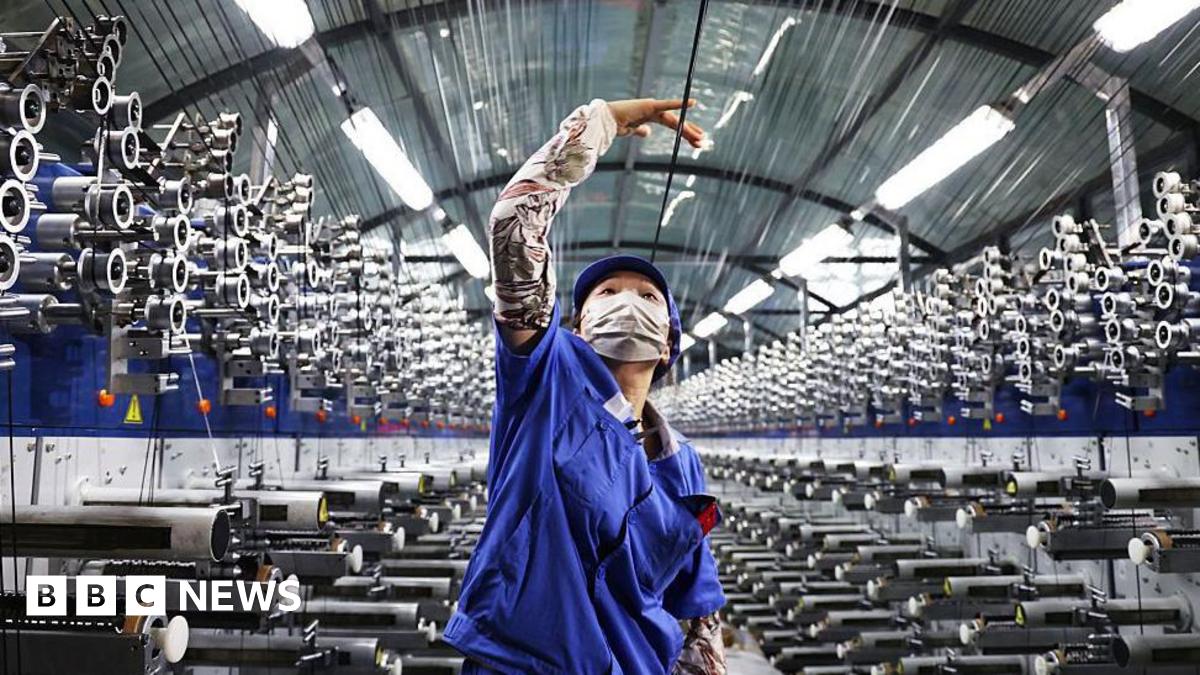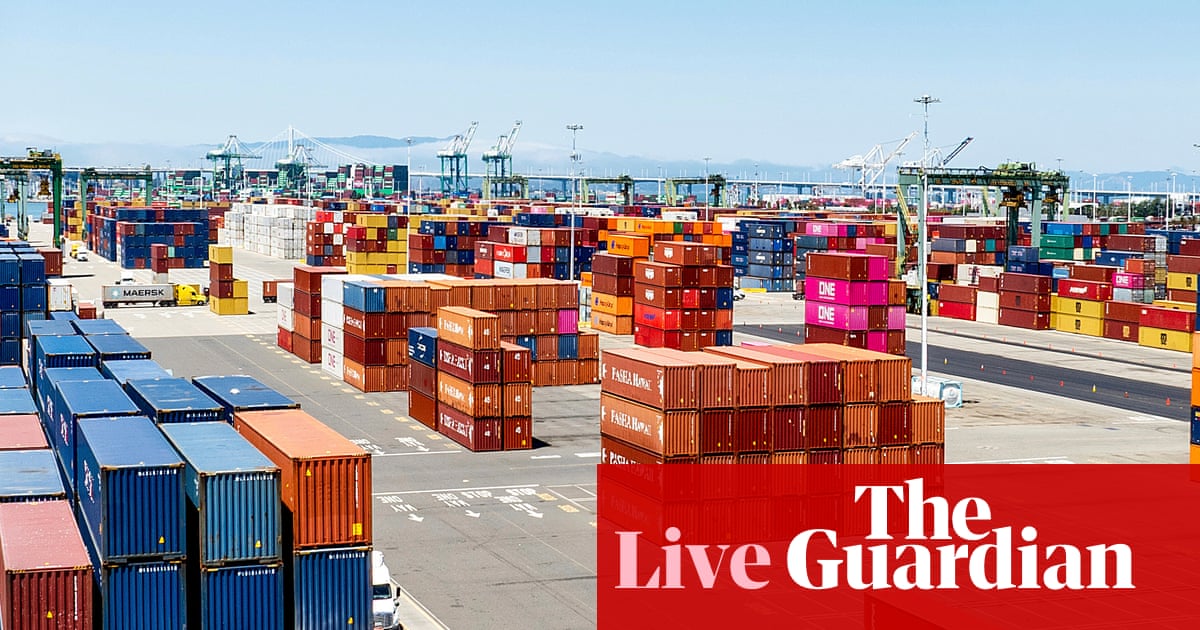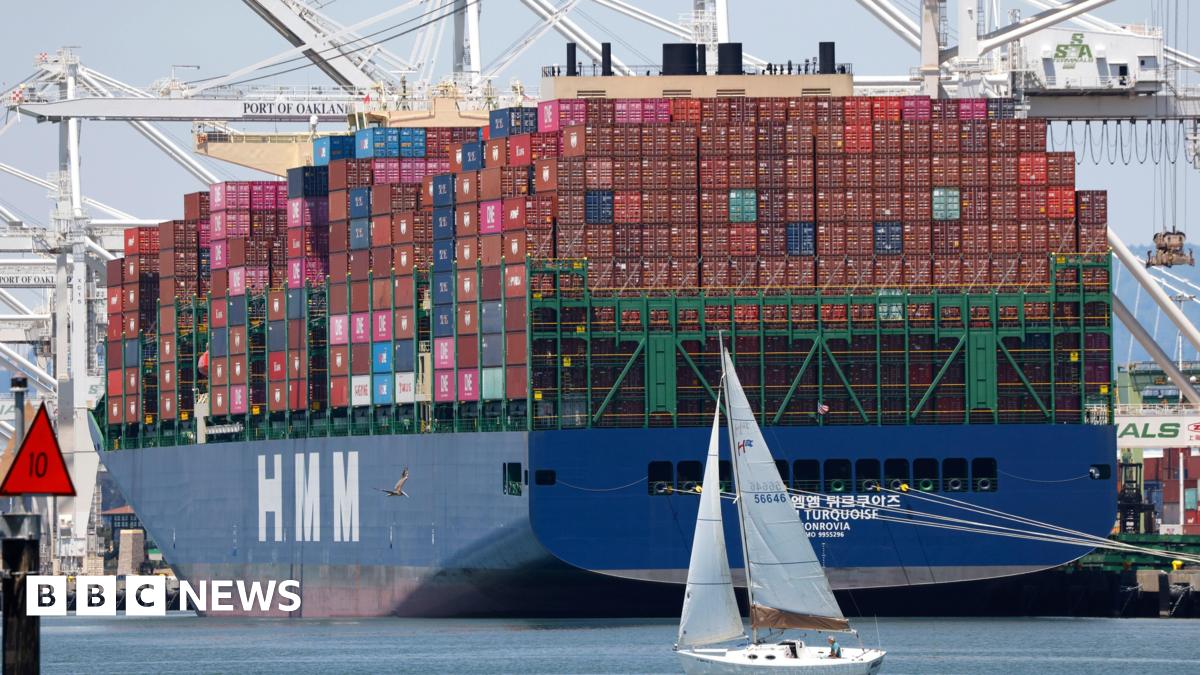T4K3.news
Trump tariffs reshape trade dynamics in Asia
Asian economies face new challenges as US tariffs prompt diplomatic negotiations.

The tariffs imposed by the US are reshaping trade dynamics across Asia.
Impact of Trump's tariffs on Asia's trade landscape
Recent tariffs introduced by US President Donald Trump have significantly impacted Asian economies. Japan and South Korea successfully negotiated to lower proposed tariffs from 25% to 15% after diplomatic engagements with Washington. Meanwhile, Taiwan, a major player in the semiconductor industry, faced a reduction in its tariff from 32% to 20%, although uncertainty remains over potential additional sectoral tariffs. Australia has so far avoided further tariff increases, in contrast to New Zealand, which saw its tariff rise from 10% to 15%. New Zealand's Trade Minister has expressed concerns about being treated unfairly and is seeking discussions with US trade representatives to argue for lower tariffs.
Key Takeaways
"The current rate was temporary as negotiations with Washington are still ongoing."
Lai Ching-te, president of Taiwan, highlights uncertainty in tariff levels.
"Wellington feels unfairly penalised and seeks dialogue to reduce tariffs."
New Zealand’s Trade Minister expresses concern about tariff increases.
The evolving trade agreements indicate a strategic alignment between the US and key partners in Asia. Japan and South Korea's ability to negotiate favorable terms reflects their economic significance and strong military ties with the US. In contrast, countries like New Zealand are facing challenges due to perceived inequities in tariff treatments. This uneven landscape may encourage countries to reevaluate their trade strategies, potentially impacting diplomatic relations and economic stability across the region.
Highlights
- Trump's tariffs shift the balance for Asian economies.
- Negotiations reveal the power dynamics in US trade.
- New Zealand fights back against perceived unfair tariffs.
- Taiwan's semiconductor industry stands at a crossroads.
Potential trade disputes arise from tariff changes
The adjustments to tariffs have led to negotiations that could spark backlash from countries feeling unfairly treated, impacting diplomatic relations.
The ongoing negotiations will shape the future of trade in the region.
Enjoyed this? Let your friends know!
Related News
Trump's new tariffs to impact global trade

Trump announces major US-China relations changes

New tariffs implemented by Trump on 92 countries

Trump increases tariffs on Canada to 35%
Trump's new tariffs lead to mixed global reactions

Stock markets fall sharply after Trump tariff announcement

Trump announces new sweeping tariffs

Trump achieves key trade goals amid turbulence
